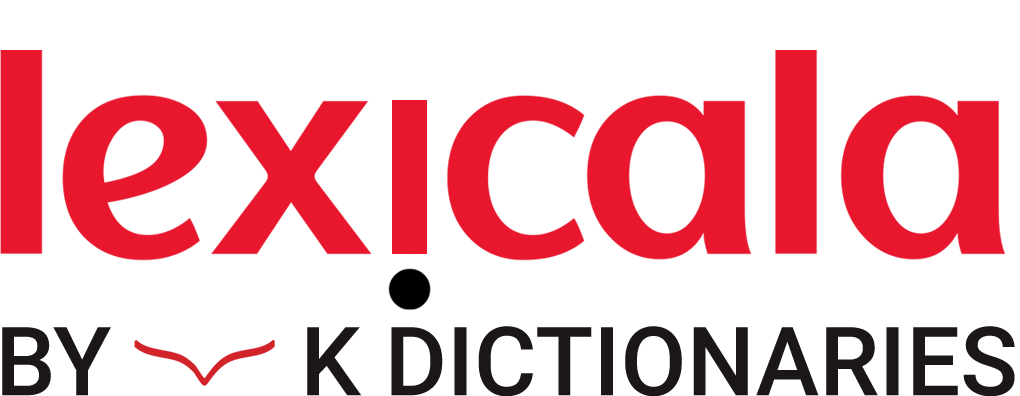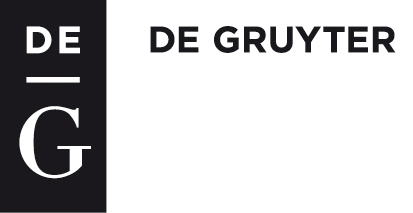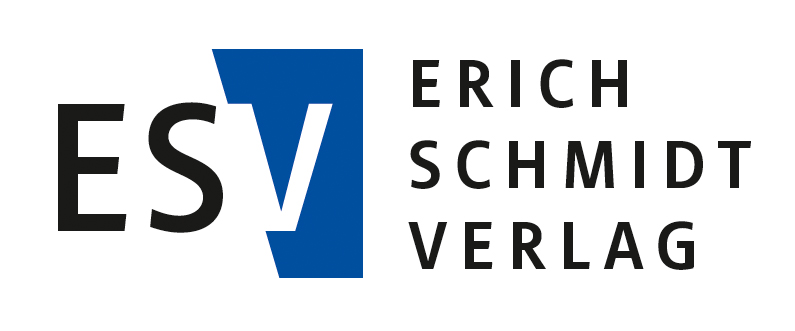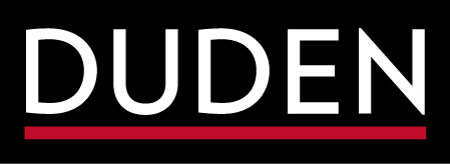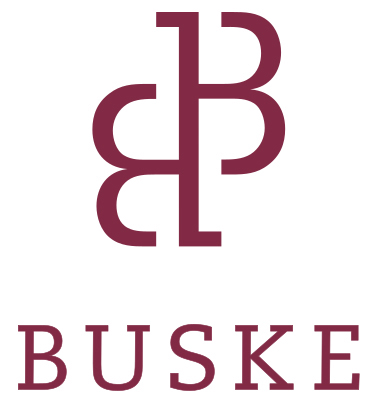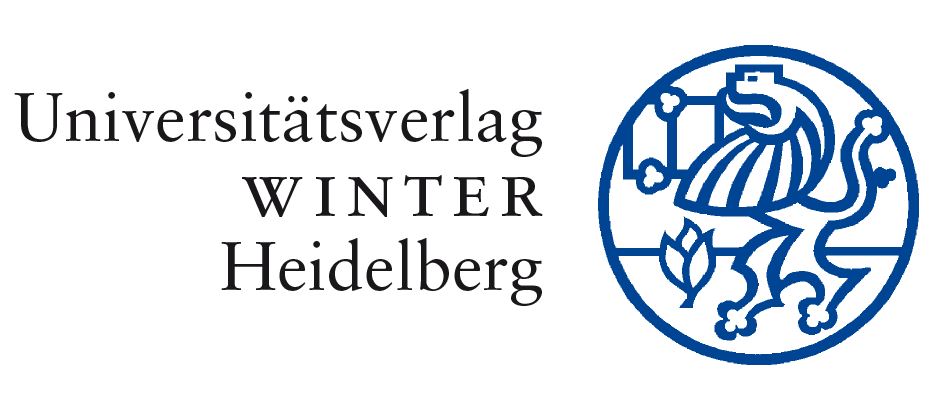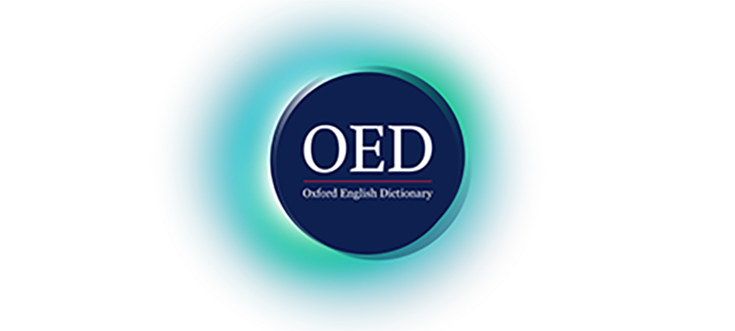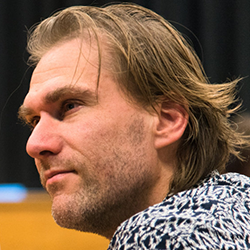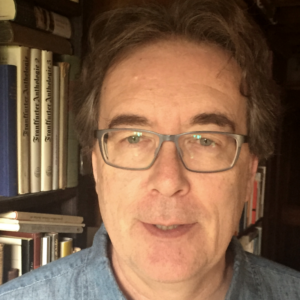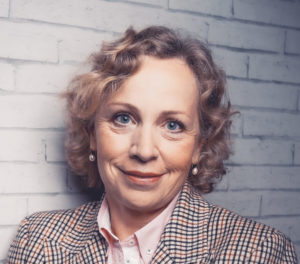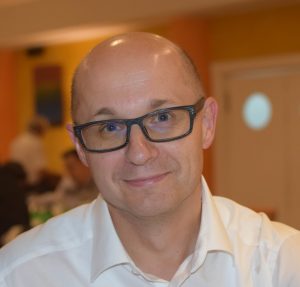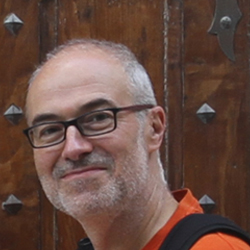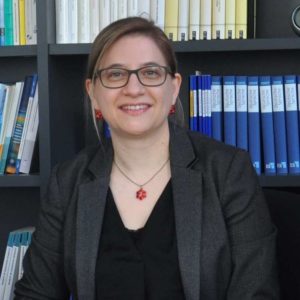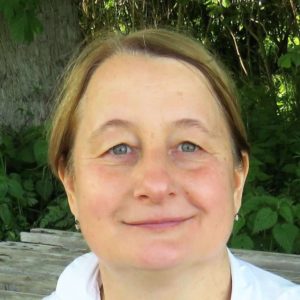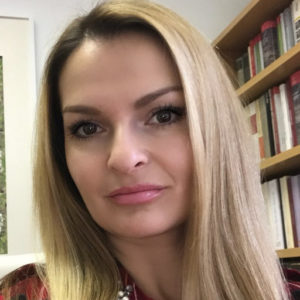XIX EURALEX International Congress
Lexicography for inclusion
Date: 12-16 July 2022
Place: Mannheim, Germany
Web page: Euralex 2022
Organizer: Leibniz Institute for the German Language (IDS)
Head of the organizing committee: Annette Klosa-Kückelhaus
PAPER“Ways of living, communication and the dynamics of word usage. How did German dictionaries cope with socio-cultural aspects and evolution of word usage and how could future systems do even better?”
University of GießenUniversity of Pretoria
PAPER“Women in the history of lexicography”
Nicola McLellandUniversity of Nottingham
PAPER”Dictionaries, Foreign Language Learners and Teachers. New Challenges in the digital era.
Martina Nied CurcioUniversity “Roma Tre”
Andrea Abel (EURAC, Italy)
Arleta Adamska-Sałaciak (Adam Mickiewicz University, Poland)
Hauke Bartels (Sorbian Institute, Germany)
Hans Bickel (Schweizerisches Idiotikon, Switzerland)
Anna Braasch (University of Copenhagen, Denmark)
Dominik Brückner (The Leibniz Institute for the German Language, Germany)
Thomas Burch (Trier Center for Digital Humanities, Germany)
Lut Colman (Dutch Language Institute, Netherlands)
Paul Cook (University of New Brunswick, Canada)
Gilles-Maurice de Schryver (Ghent University, Belgium & University of Pretoria, South Africa)
Janet DeCesaris (Pompeu Fabra University, Spain)
Idalete Maria Silva Dias (University of Minho, Portugal)
María José Dominguez Vazquez (University of Santiago de Compostela, Spain)
Philip Durkin (Oxford University Press, Great Britain)
Anne Dykstra (Fryske Academy, Netherlands)
Anna Dziemianko (Adam Mickiewicz University, Poland)
Ilse Feinauer (Stellenbosch University, South Africa)
Edward Finegan (University of Southern California, USA)
Carolina Flinz (University of Milan, Italy)
Thierry Fontenelle (European Investment Bank, Belgium)
Polona Gantar (University of Ljubljana, Slovenia)
Zoe Gavriilidou (Democritus University of Thrace, Greece)
Alexander Geyken (Berlin-Brandenburg Academy of Sciences, Germany)
Sylviane Granger (Catholic University of Louvain, Belgium)
Oddrun Grønvik (University of Oslo, Norway)
Volker Harm (The Göttingen Academy of Sciences and Humanities, Germany)
Ulrich Heid (Hildesheim University, Germany)
Zita Hollós (Károli Gáspár University, Hungary)
Miloš Jakubíček (Lexical Computing CZ s.r.o., Czech Republic)
Maarten Janssen (University of Vienna, Austria)
Besim Kabashi (Friedrich-Alexander University Erlangen, Germany)
Jelena Kallas (Institute of the Estonian Language, Estonia)
Heidrun Kämper (The Leibniz Institute for the German Language, Germany)
Ilan Kernerman (K Dictionaries, Israel)
Alexander Koplenig (The Leibniz Institute for the German Language, Germany)
Iztok Kosem (Jožef Stefan Institute / University of Ljubljana, Slovenia)
Simon Krek (Jožef Stefan Institute / University of Ljubljana, Slovenia)
Tanara Zingano Kuhn (University of Coimbra, Portugal)
Kathrin Kunkel-Razum (Duden-Verlag, Germany)
Margit Langemets (Institute of the Estonian Language, Estonia)
Lothar Lemnitzer (Berlin-Brandenburg Academy of Sciences, Germany)
Robert Lew (Adam Mickiewicz University, Poland)
Marie-Claude L’Homme (University of Montreal, Canada)
Anja Lobenstein-Reichmann (The Göttingen Academy of Sciences and Humanities, Germany)
Henrik Lorentzen (The Danish Language and Literature Society, Denmark)
Carla Marello (University of Turin, Italy)
Tinatin Margalitadze (Ilia State University, Georgia)
John P. McCrae (National University of Ireland, Ireland)
Peter Meyer (The Leibniz Institute for the German Language, Germany)
Frank Michaelis (The Leibniz Institute for the German Language, Germany)
Julia Miller (University of Adelaide, Australia)
Fabio Mollica (University of Milan, Italy)
Orion Montoya (Brandeis University, USA)
Rosamund Moon (University of Birmingham, Great Britain)
Carolin Müller-Spitzer (The Leibniz Institute for the German Language, Germany)
Kilim Nam (Kyungpook National University, South Korea)
Hilary Nesi (Coventry University, Great Britain)
Vincent Ooi (National University of Singapore, Singapore)
Maike Park (The Leibniz Institute for the German Language, Germany)
Ralf Plate (The Academy of Sciences and Literature Mainz / University of Trier, Germany)
Kristel Proost (The Leibniz Institute for the German Language, Germany)
Natascia Ralli (EURAC, Italy)
Stefan Schierholz (Friedrich-Alexander University Erlangen, Germany)
Thomas Schmidt (The Leibniz Institute for the German Language, Germany)
Hindrik Sijens (Fryske Academy, Netherlands)
Egon W. Stemle (EURAC, Italy)
Frieda Steurs (Dutch Language Institute, Netherlands)
Kathrin Steyer (The Leibniz Institute for the German Language, Germany)
Philipp Stöckle (Austrian Academy of Sciences, Austria)
Kristina Štrkalj Despot (Institute of Croatian Language and Linguistics, Croatia)
Janusz Taborek (Adam Mickiewicz University, Poland)
Elsabé Taljard (University of Pretoria, South Africa)
Pius ten Hacken (University of Innsbruck, Austria)
Carole Tiberius (Dutch Language Institute, Netherlands)
Yukio Tono (Tokyo University of Foreign Studies, Japan)
Lars Trap-Jensen (The Danish Language and Literature Society, Denmark)
Anna Vacalopoulou (Institute for Language and Speech Processing, Greece)
Carlos Valcárcel Riveiro (University of Vigo, Spain)
Ruth Vatvedt Fjeld (University of Oslo, Norway)
Craig Volker (James Cook University Cairns, Australia)
Sabine Wahl (Austrian Academy of Sciences, Austria)
Geoffrey Williams (Université Bretagne Sud, France)
Sascha Wolfer (The Leibniz Institute for the German Language, Germany)
Annette Klosa-Kückelhaus (IDS)
Stefan Engelberg (IDS)
Christine Möhrs (IDS)
Petra Storjohann (IDS)
Main Sponsors

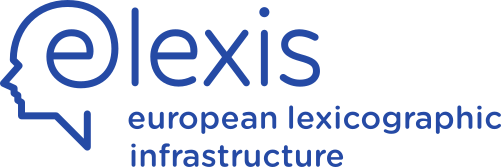
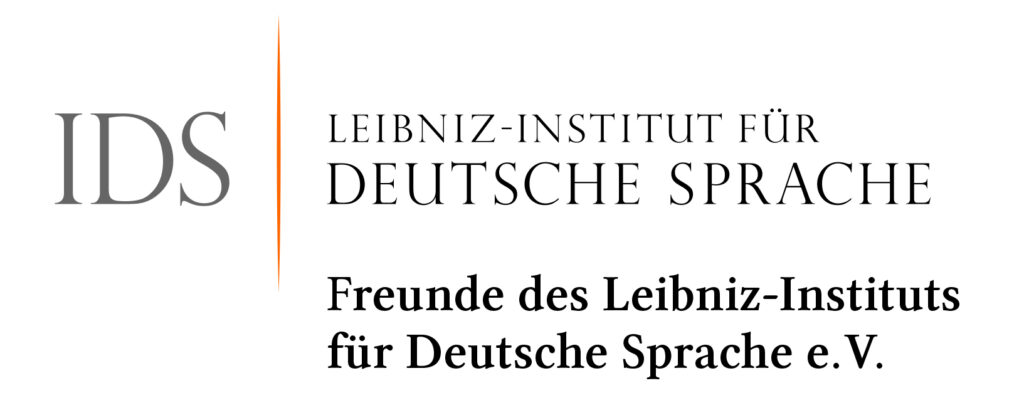
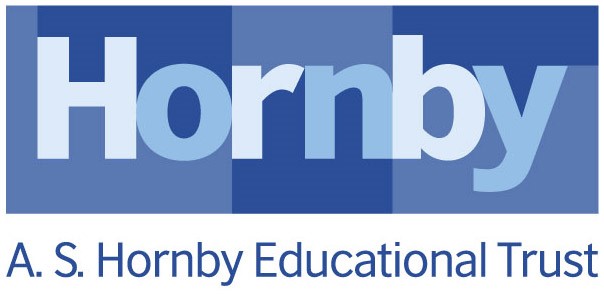
Sponsors
